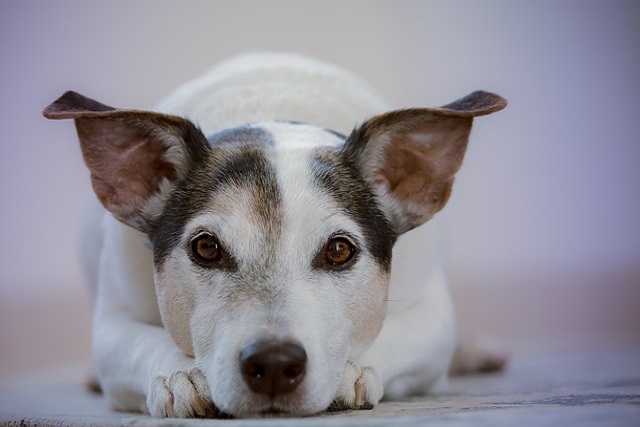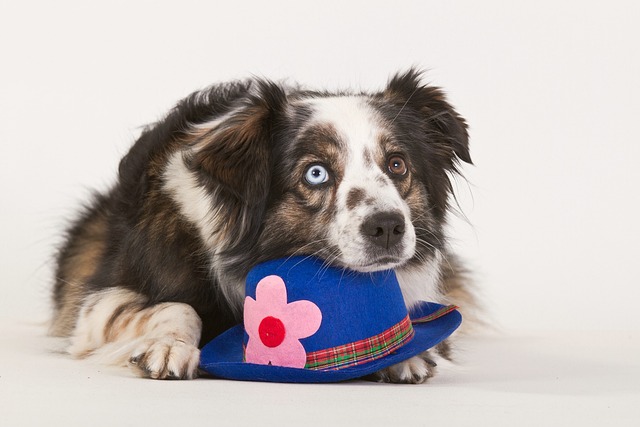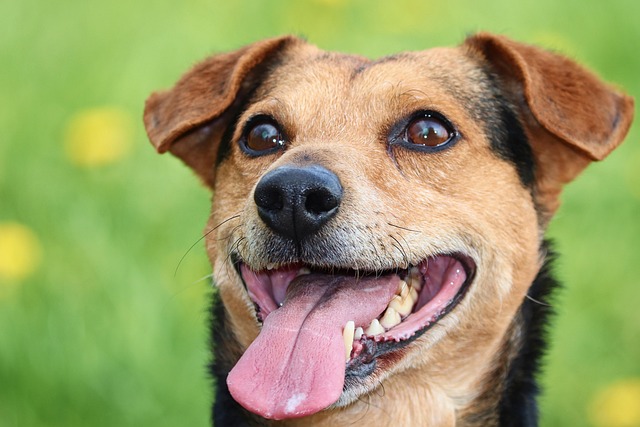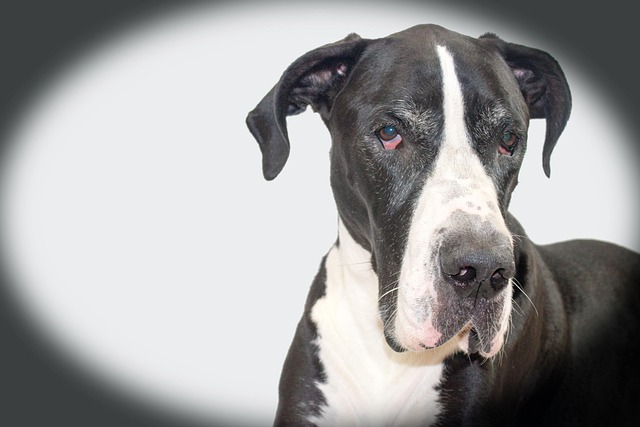
What smells are dogs most sensitive to?
In the human sensory world, vision dominates. We use our eyes to capture the colorful world and use light and shadow to outline the contours of everything.
When we carefully welcome the new family member home, full of anticipation that it will happily enjoy the delicious food we have carefully prepared for it, but the dog in front of us ignores the food and just curls up in the corner, with vigilance and unease all over its eyes. At that moment, worry and anxiety well up in our hearts like a tide. We can't help but ask ourselves: What's wrong with it? Is the food not to its taste, or is it not feeling well? Every dog that has just arrived home is like a blank sheet of paper, full of unknowns and fears about the strange environment, and refusing to eat is a way for them to express their unease. Only by understanding the deep reasons behind their behaviors and guiding them in a scientific and loving way can we help them gradually let go of their defenses and start a wonderful life in their new home.
From a psychological perspective, the stress response caused by environmental changes is the primary reason for a dog that has just arrived home to refuse to eat. Dogs are extremely sensitive to environmental changes. When the familiar smells, sounds, and space are suddenly replaced by all things strange, it will make them feel a strong sense of insecurity. In its original living environment, the dog has long been used to the specific rhythm of sounds, the surrounding of familiar smells, and the fixed activity space. After coming to the new home, the strange smells, the noisy sounds, and the different spatial layout in the new environment are like thick mists, making them feel confused and scared. This psychological pressure will directly affect their appetite. Even in the face of delicious food, they find it difficult to swallow. Just imagine that if we ourselves are suddenly in a completely strange place, we will also feel uneasy, not to mention dogs that rely on familiar environments. In their small bodies, they are bearing great psychological pressure, and we need to give them more understanding and patience.
In addition to environmental changes, changes in diet may also cause dogs to refuse to eat. Every dog has its own habitual diet in its original living environment, including the type, taste, and texture of the food. When the food is suddenly changed to a new one, their stomachs and intestines may not be able to adapt, and their sense of smell and taste will also reject the unfamiliar food. Just as we are used to the taste of a certain kind of meal for a long time and find it difficult to accept a completely different food when it is suddenly changed. Some dogs have relatively fragile stomachs and intestines, and the new food may cause gastrointestinal discomfort, further increasing their resistance to food. In addition, changes in the feeding method and time will also make the dog feel confused, not knowing when to eat, thus affecting its appetite.
From a physiological perspective, a dog that has just arrived home may have health problems, which is also an important factor leading to its refusal to eat. During the process of coming to the new home, the dog may have experienced long-distance transportation. The long-time bumping and discomfort will make its body tired, and it may even experience motion sickness, heatstroke, and other situations, affecting the function of the stomach and intestines and leading to a loss of appetite. In addition, the dog may have been infected with a disease in its original living environment, but the symptoms have not yet appeared. After arriving at the new home, due to environmental changes and stress responses, the body's resistance decreases, and the symptoms of the disease begin to show, such as a cold, gastrointestinal inflammation, parasitic infection, etc. These diseases will make the dog feel uncomfortable physically, so it refuses to eat. Looking at the dog's listless appearance and its lack of interest in food, the owner's heart is filled with distress and wishes to find out the reason immediately and make it healthy again.

When finding that a dog that has just arrived home refuses to eat, the owner should first stay calm and not be overly anxious or force-feed the dog just because it doesn't eat. Excessive anxiety will be transmitted to the dog, making it more nervous; and force-feeding may make the dog afraid of food, aggravating the food refusal behavior. The correct way is to first create a quiet, comfortable, and warm small space for the dog so that it can gradually relax. You can place the dog in a relatively quiet corner, lay a soft mat, and put its familiar toys or blankets, so that it can feel a little familiarity and security in this small space. At the same time, avoid disturbing the dog frequently and give it enough time to adapt to the new environment.
In terms of diet, you can try to feed the dog some food that it is familiar with in its original living environment. If you can't know the dog's previous diet, you can choose some foods with good palatability and easy digestion, such as pet-specific canned food, warm goat milk powder, chicken porridge, etc. Put the food close to the dog, don't force it to eat, but let it discover and try it on its own initiative. When the dog shows interest in the food, even if it just smells it, give praise and encouragement in a timely manner. You can use gentle words and strokes to express your recognition of it. In this way, gradually build the dog's trust in food.
If the dog refuses to eat for a long time, more than 24 hours, or shows other abnormal symptoms such as listlessness, vomiting, diarrhea, fever, etc., be sure to take the dog to the pet hospital for treatment in a timely manner. Professional veterinarians will, through detailed inquiries, physical examinations, and necessary laboratory tests, such as blood routine tests and fecal examinations, accurately determine the reason why the dog refuses to eat and take corresponding treatment measures. It may be necessary to carry out infusion treatment to supplement nutrition and water and maintain the balance of electrolytes in the body; if the food refusal is caused by a disease, the specific disease needs to be treated.
Helping a dog that has just arrived home adapt to the new environment and regain its appetite is a process that requires patience and carefulness. During this process, the company and love of the owner are crucial. Spend some time with the dog every day, talk to it softly, and stroke it gently, so that it can gradually get familiar with the owner's voice and smell and establish a relationship of trust. As time goes by, when the dog feels enough security, adapts to the new environment and diet, it will slowly start to eat and regain its vitality. Every small progress of the dog is worthy of our joy and encouragement, because it means that we are gradually entering its heart and helping it find its own happiness in the new home. May every dog that has just arrived home smoothly get through the adaptation period under the care and love of the owner and start a wonderful time accompanying the owner.

In the human sensory world, vision dominates. We use our eyes to capture the colorful world and use light and shadow to outline the contours of everything.

When we look into our dogs' eyes, their bright and lively eyes seem to be able to speak, conveying dependence and trust.

When you come home after a busy day, you open the door and see your dog lying quietly on the floor, wagging its tail and looking at you. The warmth and healing of that moment are the most cherished moments for countless dog owners.

When a dog that is usually lively and active suddenly loses its appetite, becomes listless, or even vomits frequently, every pet owner will be worried that it is intestinal obstruction, a "health killer".

When we caress the furry ears of dogs and enjoy the warm moments of cuddling up with each other, our hearts are filled with happiness.

When we see the dog frequently shaking its head, scratching its ears, and even having red and swollen ears with an unpleasant smell,